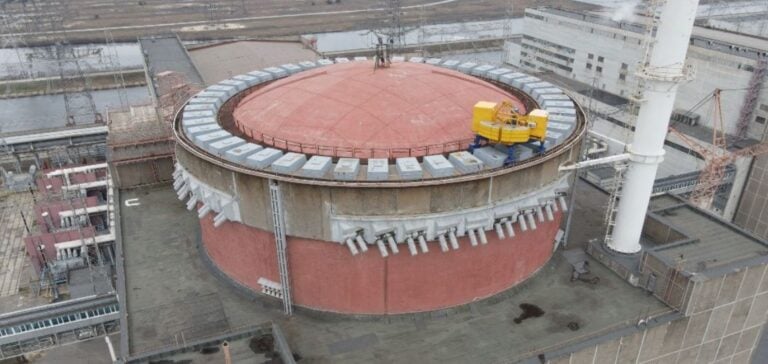The European Union has granted 10 million euros via the Euratom Research and Training program to support the SAVE project, led by Framatome, to develop a European fuel for VVER-440 reactors. This initiative aims to diversify nuclear fuel supply sources and strengthen energy security in Europe.
SAVE project objectives
The SAVE (Safe and Alternative VVER European) project brings together 17 partners, including Europe’s leading VVER reactor operators: ČEZ (Czech Republic), Fortum (Finland), MVM Paks (Hungary) and Slovenské Elektrárne (Slovakia). The main objective is to develop an all-European fuel technology capable of reducing dependence on Russian supplies. There are currently 19 VVER reactors in operation in the EU, including VVER-1000 and VVER-440 reactors. These reactors, historically dependent on Russian fuel, require alternative solutions to guarantee lasting security of supply.
Strategic importance and security of supply
EU funding is essential to accelerate the development of this fuel technology, thereby reducing the risks associated with the supply chain. The European Commissioner for Innovation, Iliana Ivanova, stressed the importance of research and innovation for the EU’s strategic autonomy. This project contributes directly to this objective by strengthening energy security. The SAVE project follows the launch in 2023 of the APIS program, led by Westinghouse, which also aims to diversify fuel sources for VVER reactors. Taken together, these initiatives demonstrate the EU’s clear determination to reduce its dependence on external suppliers and ensure greater energy resilience.
Towards European Autonomy
One of the crucial points of the SAVE project is the ability to supply fuel manufactured and sourced entirely in Europe. This involves setting up an autonomous production and supply chain, guaranteeing total independence from external influences. This autonomy is essential to maintain the stability of the European energy sector in the face of geopolitical uncertainties. Diversification of fuel sources is also crucial for VVER reactor operators in Europe. By developing a European fuel, these operators can reduce their dependence on imports and secure their long-term supply.
EU investment in the SAVE project marks a significant step towards energy independence and security of fuel supply for VVER reactors. This initiative illustrates the EU’s commitment to diversifying its sources of supply and strengthening its energy resilience in the face of global challenges.





















